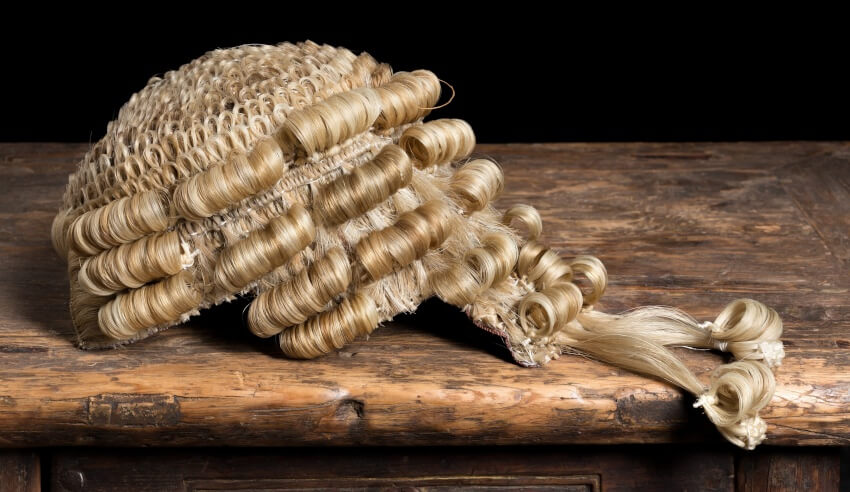A key target of the Law Council’s Equitable Briefing Policy has finally been reached, with more than three in 10 briefs going to women barristers in FY20.

A “significant milestone” has been reached, the Law Council of Australia announced in conjunction with International Women’s Day 2022: following the launching of the Equitable Briefing Policy in 2016, the aim to have women barristers briefed in at least 30 per cent of all matters by 1 July 2020 has been met.
In the reporting period during FY20, LCA outlined, of the 32,995 total briefs, 31 per cent (10,291) of these briefs went to female barristers and 69 per cent (22,704) went to male barristers.
This exceeds the target from the policy by 1 per cent and represents an increase of 4 percentage points from the previous reporting year.
“Female junior barristers were briefed at an even higher rate, receiving 37 per cent of briefs,” Mr Liveris said.
“This is an important measure as receiving briefs helps junior barristers gain more experience and further develop their legal career.
“We had a similar goal for reducing the gap between fees paid to male and female barristers. While the gap has reduced, unfortunately our aspiration regarding the proportion of fees paid to women barristers was not realised,” he added.
Elsewhere, nearly one in four (23 per cent) of fees reported in FY20 by briefing entities went to women,
“However, it is gratifying that there has been steady improvement in each of the major categories since the policy came into effect. In 2016-2017, only 20 per cent of briefs went to female barristers and the proportion of fees being paid to women barristers stood at just 15 per cent,” Mr Liveris said.
“Beyond the quantitative data, the policy has been effective in drawing attention to issues of gender equity and causing entities to consciously reflect on their briefing practices. The policy continues to provide a strong and motivating base for improving choices, optimising opportunities for practice development and promoting the full use of the independent bar in Australia.”
This all said, Mr Liveris stressed that the legal profession cannot be complacent.
“We are now reviewing the policy to consider improvements we might make to further support the Law Council’s longstanding commitment to a diverse and inclusive legal profession,” he noted.

Jerome Doraisamy is the managing editor of professional services (including Lawyers Weekly, HR Leader, Accountants Daily, and Accounting Times). He is also the author of The Wellness Doctrines book series, an admitted solicitor in New South Wales, and a board director of the Minds Count Foundation.
You can email Jerome at: